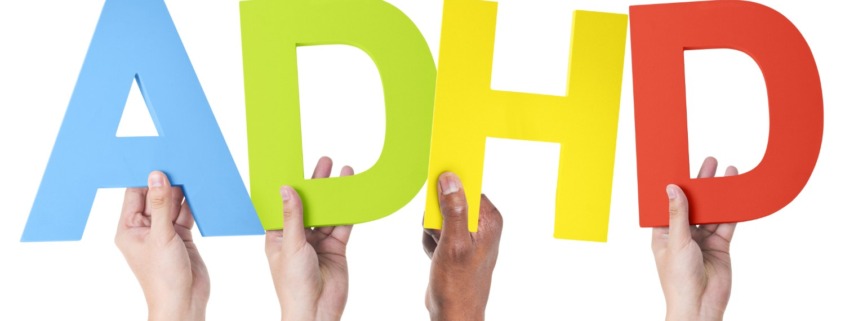Having trouble paying attention, controlling impulsive behaviors or being overly active are all signs of Attention Deficit/ Hyperactivity Disorder. There are three subtypes of ADHD: inattentive, hyperactive, or combined form. The Inattentive ADHD is when individuals have difficulty focusing and finishing tasks. For example, these are the students who constantly forget to do their homework or misplace things. Hyperactive ADHD is seen in individuals with little impulse control who seem to be driven by a motor. These individuals are usually the ones who shout out the answer in class and cannot seem to sit still in most circumstances. Lastly, individuals with Combined ADHD are the individuals that have a mixture of all the symptoms. These individuals tend to be inattentive and hyperactive. Every subtype of ADHD can impact the way our brain carries out executive tasks such as regulating emotions and reasoning. ADHD can be present in all age ranges but can manifest differently depending on the developmental stage (age of the individual).
ADHD is very prevalent in children and if left untreated or undiagnosed, it can lead to other problems over time. ADHD manifests differently in boys versus girls, which causes the symptoms to be overlooked by parents of female children. It is a common misconception that children will “grow out” of ADHD. Here are some symptoms of ADHD to look out for in your child:
- Excessive daydreaming (zoning out in class).
- Easily distracted (more common in girls)
- Forgetfulness (more common in girls). For example, forgetting to do their chores, or forgetting they need for school.
- Fidgets and/or squirms in their seat.
- Talks excessively (Completing peoples sentences for them, cannot wait their turn in conversations).
- Interrupting others in the classroom and having trouble waiting their turn.
- Has trouble engaging in leisure activities and always appears to be “on the go”.
Due to the excessive change in hormones, ADHD may look a little different for your adolescent. ADHD symptoms tend to get worse during puberty, not only because of hormones but also due to the fight for independence, impulsivity, and facing transitional milestones. Here are some symptoms that adolescents with ADHD tend to struggle with:
- Lack of focus for example, overlooking important details on schoolwork, zoning out in the classroom.
- Hyperactivity/ Fidgeting
- Heightened Emotionality
- Poor decision making. For example, making impulsive decisions such as using substances or participating in sexual activities.
- Trouble completing everyday tasks.
- Time management (Failing to meet deadlines for school).
Difficulties at work and in your personal life may be associated with ADHD. Struggling with ADHD as an adult can lead to difficulties with everyday life responsibilities. As we age, the hyperactivity tends to turn into disorganization, depression and/or distractibility. This can lead to defeat and shame. Some of these symptoms may be present if you are an adult dealing with ADHD include:
- Poor attention to detail.
- Social failures (Talking over others in social situations)
- Impulsivity.
- Issues with memory
- Distracted easily (Mind seems elsewhere)
ADHD is a disorder that we see frequently at Psychological Assessment and Treatment Services. Our clinicians work with you to help you manage and cope with your symptoms. We also work with the parents of children who have ADHD, to teach and implement parenting skills to best help your child. Here at Psychological Assessment and Treatment Services, we utilize behavior therapy to teach you how to change dysfunctional behaviors by implementing psychoeducation, positive and negative consequences, and other behavioral management strategies. We help you create an environment conducive to change. Struggling with ADHD is not easy- let us help you! Contact us to set up your first appointment!



